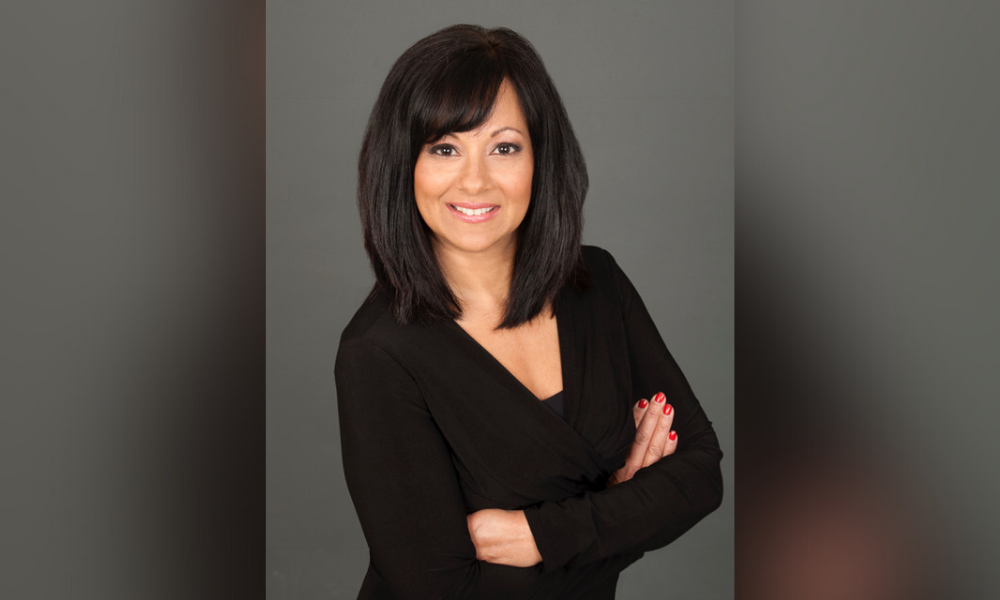How advisors can model what they need to do and provide the financial literacy underpinning

Are your clients treating sons and daughters differently when they teach them about money?
It’s worth checking since a recent Meridian Credit Union survey showed that 57% of the Canadians surveyed said that, growing up, their parents had different expectations about what sons and daughters needed to know about managing and saving money.
“The interesting thing about this is that almost half of Canadians aged 18 to 34 felt that way,” Dilys D’Cruz, Vice-President and Head of Wealth Management at Meridian, told Wealth Professional.
“I think when you first hear that, you think, ‘Okay: well, maybe it’s the Gen X and Boomers who raised their daughters and sons differently’. But I thought it was pretty surprising that we’re talking about millennials and Gen Z who feel that way.”
While the survey didn’t delve into whether the expectations were higher or lower for sons or daughters, she assumed parents aren’t setting the financial bar as high for daughters, given that their financial literacy and confidence are lower as adults.
“That’s a very glaring bias in terms of us parents and how we’re raising our children,” she said.
To counter it, parents need to be very aware of their own biases and educate their children equally, even if a daughter doesn’t seem interested in learning when she’s younger.
“We had a lot of insights from the survey, but the bottom line is that the majority of Canadians felt that they didn’t have open money conversations, open conversations, in their family,” said D’Cruz.
She recommended that you urge clients to start weaving financial education into family conversations while their children are young. It doesn’t need to be a budget summit, but parents can be transparent about how they’re managing if one loses a job, they need to budget more tightly, or they’re weighing the cost of vacation options.
If children get money as gifts, the parents can even talk to them about saving a percentage of that to buy something bigger later.
“I did that with my kids,” she said. “If they got $100, I’d say, ‘why don’t you put 10% away?’ That’s $10. And it always came back that they wanted to save more of it. They’d say, ‘no, I want to save $80 of that.’ And, I’m like, right on!’”
D’Cruz encouraged parents to watch movies, such as The Big Short and The Wolf of Wall Street, with their kids as those can prompt discussions about finances, so parents can explain different concepts.
She said she also started talking about investing when her children were teens. She’d comment on what the stock market is, why people invest in it, and how it reacts while they watched BNN, even when her daughter wasn’t interested. Now her daughter, 21, is initiating those conversations.
Parents can also talk to their children about insurance, and why they’re insured, and the importance of having a living will.
“We don’t share that stuff in conversations. But, when you do it, it doesn’t have to be a big onerous topic where we’re going to sit down and they’re going to learn about investing and insurance,” said D’Cruz. “For me, with my children, it was dinner talk, and it wasn’t heavy-duty, serious talk.”
So, what if parents – particularly moms – don’t feel confident about their knowledge?
They can start talking about money with each other, just as men will discuss the market. They should also consciously educate themselves because, even though their partner may be managing their money now, D’Cruz said, “we know 90% of women are going to have to manage money at some point in their lives by themselves. So, women need to look at financial knowledge as a necessity.”
They can also read blogs, listen to podcasts or audio books, and find a lot of online videos targeted at women, which can help them learn the basics.
D’Cruz encouraged advisors to look at their gender biases in dealing with women and examine their assumptions about gender roles, listen more, and ensure women get the financial education they need. They should also encourage their clients to do the same. With their children.
“Create a safe space. Ask questions, and don’t make assumptions,” she said. “And encourage your clients to have open conversations so their children can learn from both of their parents.”



